Sam Lucas’ journey from a summer undergraduate research program to a Ph.D. in biomedical engineering highlights how early research experiences can shape long-term academic and career paths
Professor emeritus and founding executive director of the Institute for Materials is recognized for his computational work modeling metal alloys and designing materials.
At Georgia Tech, engineers are finding new ways to shrink transistors, make systems more efficient, and design better computers to power technologies not yet imagined.
Clinicians and researchers outlined why breakthrough devices often fall short in clinical settings and emphasized the need for interdisciplinary collaboration and practical workflow integration.
From smart textiles to brain-computer links, Georgia Tech engineers are designing wearables that connect humans and machines more closely than ever to sense, respond, and heal.
Researchers have developed an improved vacuum chamber that reduces noise for quantum ion trapping research.
Georgia Tech’s Electrochemical Manufacturing and Recycling initiative aims to revolutionize energy-intensive industries.
Spatial computing is transforming engineering education at Georgia Tech and opening new paths for entrepreneurship and technical training.
This is the Institute’s best ranking in the National Science Foundation’s annual survey.
Nuclear waste can be managed safely with proper safety protocols. Researchers at Georgia Tech and around the world are working on safer reactor designs, advanced monitoring, and innovative recycling methods to turn nuclear waste into new opportunities — f
Instead of searching for a single molecule or structure that proves the presence of biology, researchers attempted to classify how likely mixtures of compounds preserved in rocks and meteorites were to contain traces of life by examining the full chemical
The PACE initiative envisions new paradigms in the management of light, water, and nutrients, enabling high-value precision agriculture in controlled environments
Pagination
Visit our Research News Center
The Institute for Matter and Systems regularly releases articles and videos featuring its research, faculty, and students. This includes stories about microelectronics, built environment technologies, advances in infrastructure systems, and other technologies that improve the human condition.


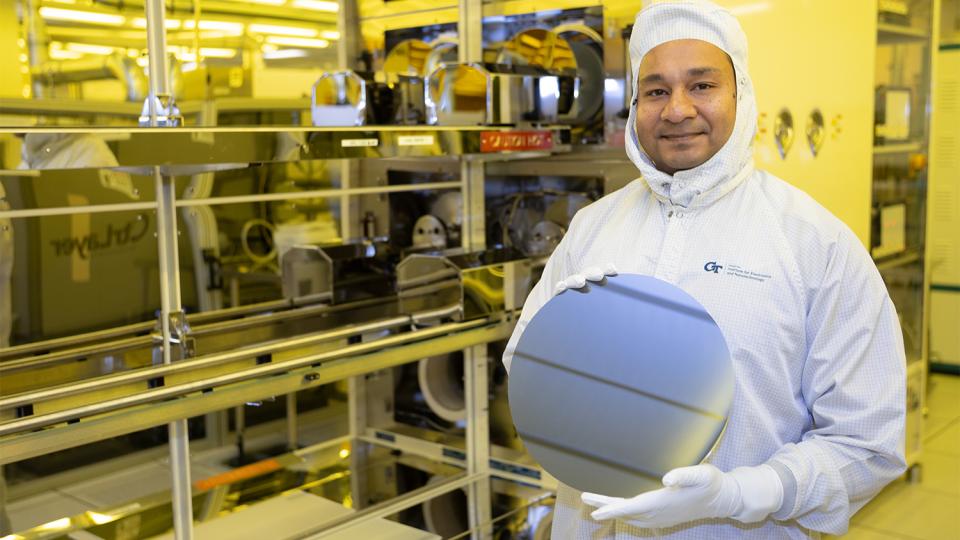
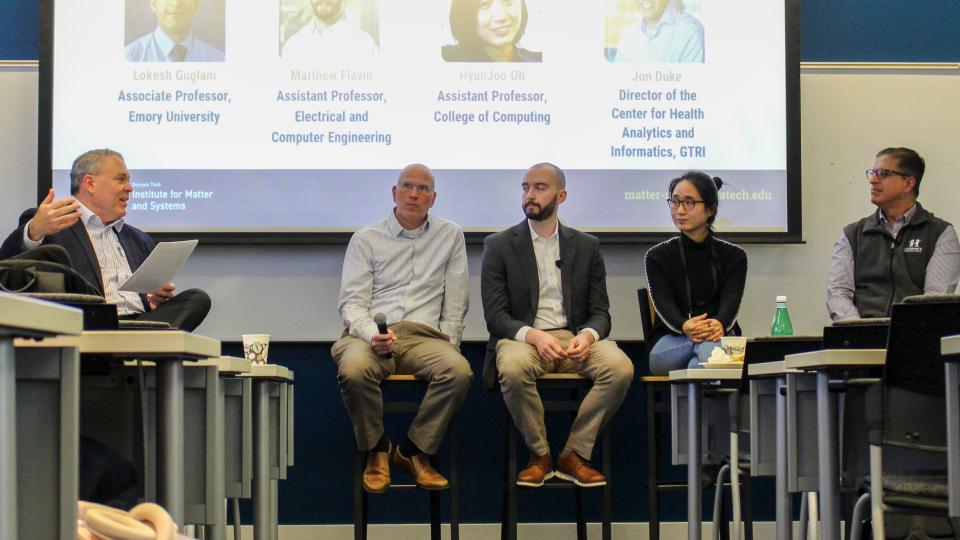
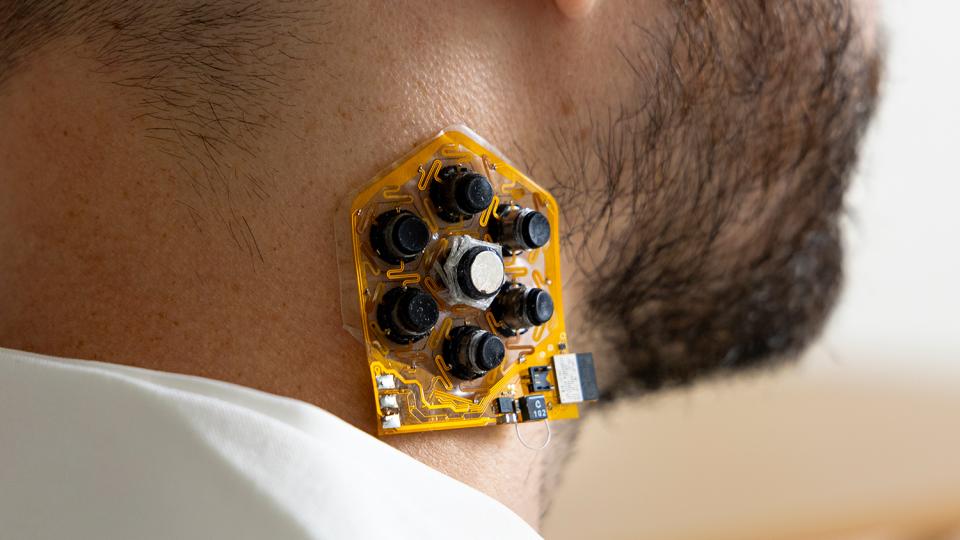
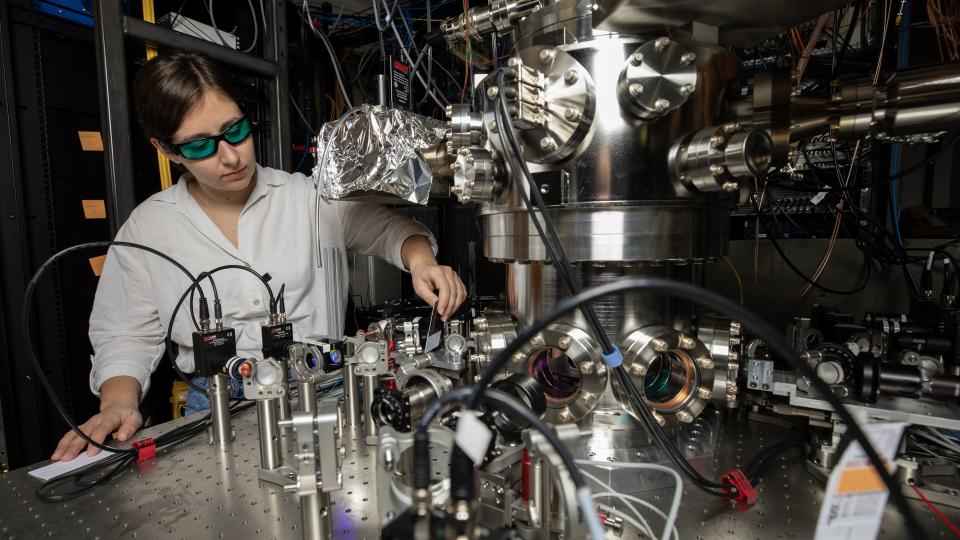

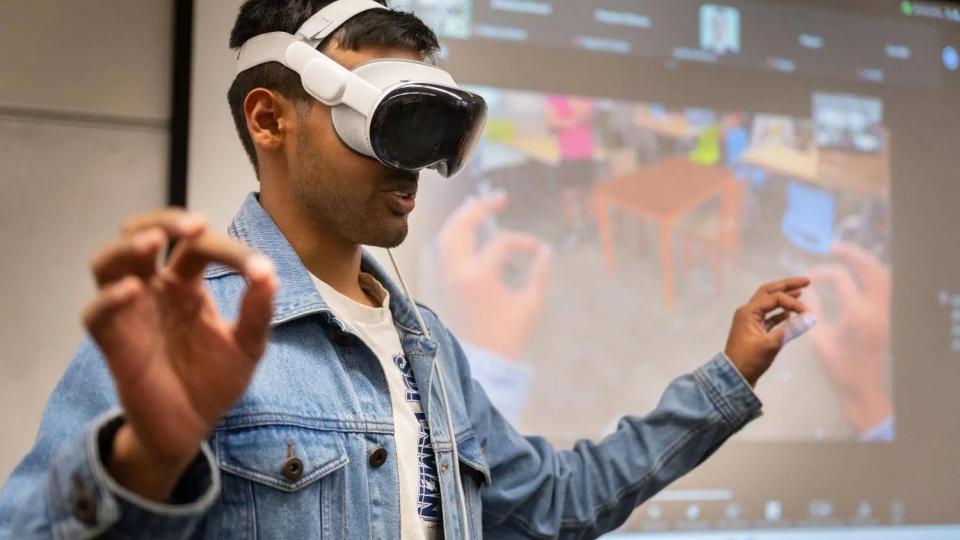
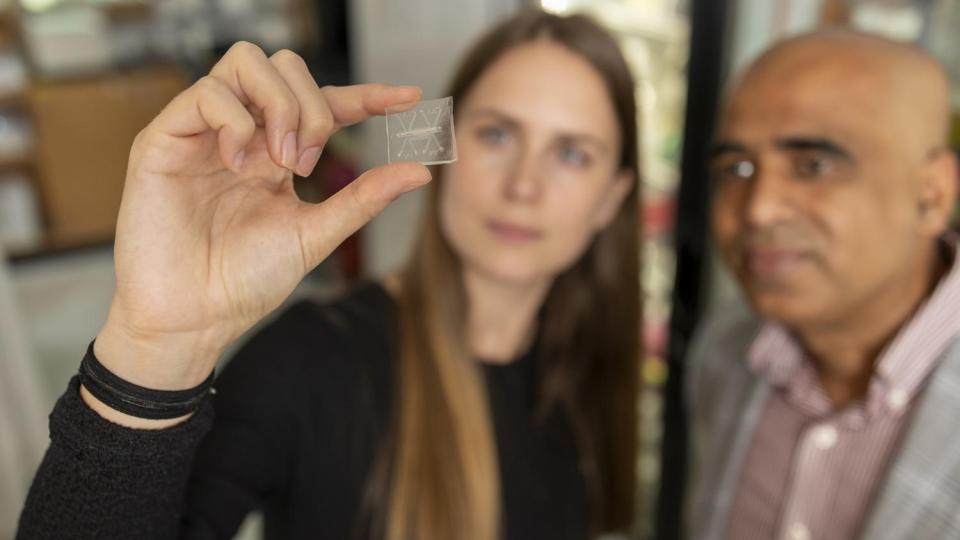
![<p><em>Martha Grover, professor in the School of Chemical and Biomolecular Engineering, with her research team. [Photo by Christopher McKenney]</em></p> Georgia Tech Professor Martha Grover with her research team](/sites/default/files/styles/news_listing_960by540/public/news/2026-02/1.-MarthaGroverTeam.jpg?h=a29c7b7a&itok=nuG34Vsu)

